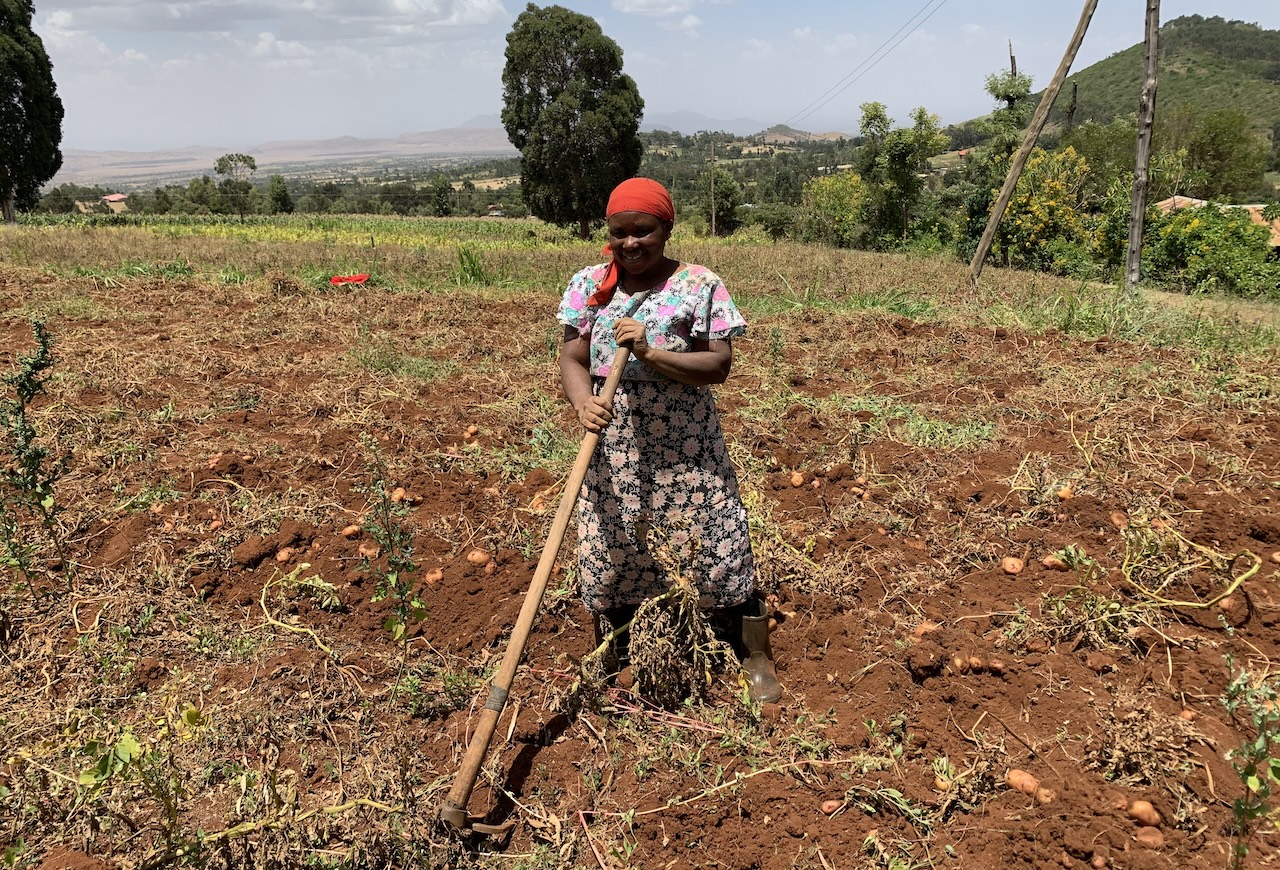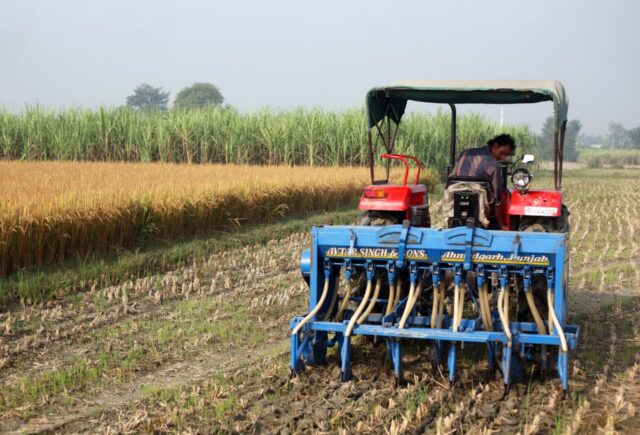The $10m investment is the fourth loan to date to Platcorp Holdings Limited, an impact investment management company focused on lending to MSMEs in Kenya, Uganda, Tanzania and Zambia.

Swedfund, Sweden’s development finance institution, has signed a $10m (€8.5m) debt deal with Platcorp Holdings Limited (Platcorp), a financial services company focused on microfinance, providing credit to micro, small and medium-sized (MSMEs) enterprises across Kenya, Uganda, Tanzania and Zambia.
This is Swedfund’s fourth investment following earlier loans of $10m in 2018, repaid in 2022, $5m in 2020 and $15m in 2022, which aims to contribute to closing the financing gap in East and Southern African countries, where small businesses often lack access to formal credit.
Jakob Larsson, senior investment manager for Swedfund, told Impact Investor that since its first loan to Platcorp, they have seen how the company’s approach, which combines data-driven monitoring and close client relationships, effectively identifies and supports small businesses.
“This strategy not only fosters employment opportunities and strengthens local economies but also manages to reduce credit losses, demonstrating that MSME financing in Eastern and Southern Africa is a viable and sustainable business model,” he said.
Swedfund’s loan is supported up to 50% through an EU guarantee from the European Fund for Sustainable Development Plus (EFSD+) to accelerate financial inclusion.
Addressing barriers to finance
According to the African Development Bank (AfDB), an estimated 80% of African SMEs still lack formal access to credit and face a financing gap of $330bn.
Speaking to Impact Investor about the types of businesses targeted by Platcorp, Jonty Rawlins, director of sustainability for the company, said: “We lend through all different means and measures to companies and individuals who are typically underbanked or underserved. These are people who historically have not had sufficient capital, collateral or the necessary levels of education to access capital through the traditional financial system, and are often rural or very small businesses.”
Rawlins said that Platcorp focuses largely on micro enterprises, with an average loan size of just $320.
“We’re really operating at the bottom of the pyramid when it comes to economic development, from the small business on the side of the road selling vegetables, to individuals selling agricultural inputs in rural areas or a trader who needs to restock his stall,” he added.
Swedfund said the loan is expected to help businesses grow and create decent jobs, with a particular focus on women-owned enterprises and climate-resilient agriculture.
“Our agriculture portfolio has grown significantly. We financed over 37,000 agricultural clients in 2024, many of whom are smallholder farmers or connected to smallholder farming value chains,” said Rawlins, who explained that despite the high number of participants, agricultural loans only make up about 10% of Platcorp’s portfolio because of the high-risk nature of smallholder farming and the small loan sizes.
“Women-owned enterprises are a bigger component of what we do,” said Rawlins, adding that the company also supports the trade and retail sectors, provides affordable housing development loans to borrowers who want to upgrade their homes, and works to improve education, extending credit to both schools and individuals who want to attend school.
Specialist loans
Platcorp has also worked with Swedfund on designing a number of innovative products, including a loan aimed specifically at smallholder farmers in the potato and dairy value chains in Kenya.
“The majority of dairy production in Kenya, for example, comes from individual farmers with five cows or less and it’s aggregated through cooperative systems. Our product allows farmers to use their cattle as collateral to upscale their business and expand into seasonal crops,” said Rawlins.
“A traditional bank would not collateralise those types of options,” he added.
Technical assistance
With Swedfund’s support, Platcorp offers technical assistance to its borrowers, which includes employing agronomists who provide on-the-ground advice to farmers, and has developed a range of training programmes, such as in financial literacy, sustainable agricultural practices or silage management.
“For farming loans, the training is mandatory. We will onboard individuals while training them because they present such high risk and we share the risk with these farmers,” said Rawlins.
“When you over indebt people and expose them to high risk or do not effectively account for the risks in their business, ultimately, that comes back to bite you. Our philosophy is that we only want to lend to people if they end up being better-off afterwards,” he added.





